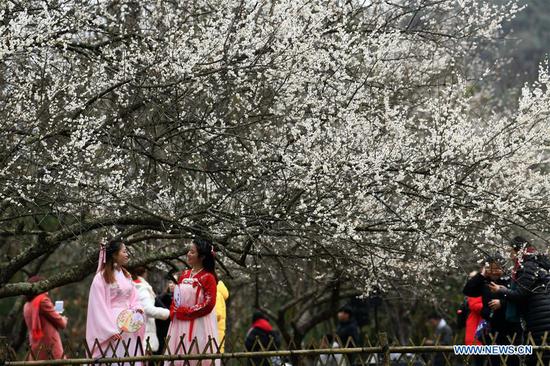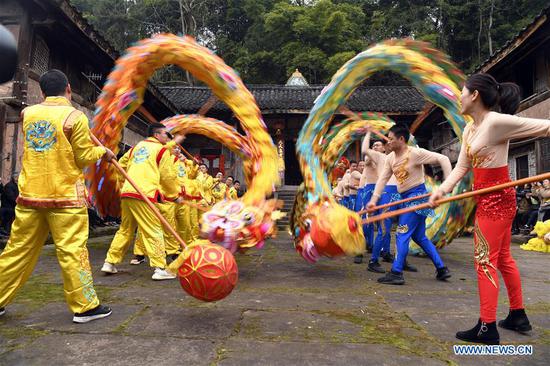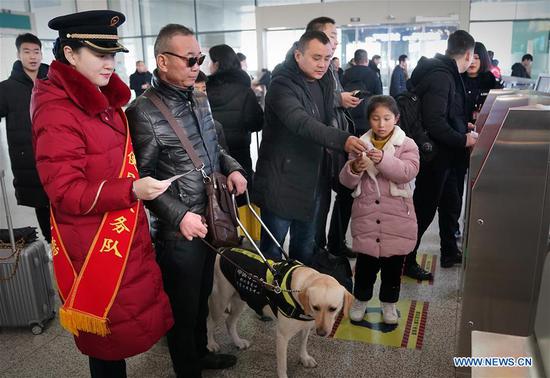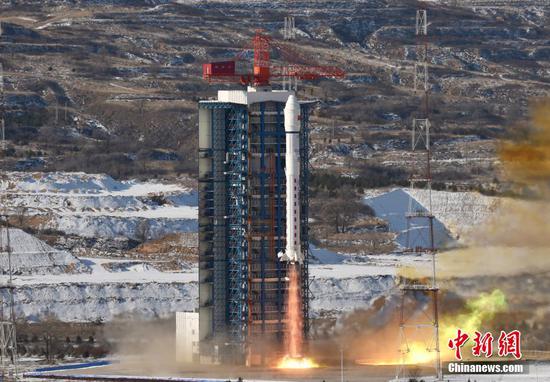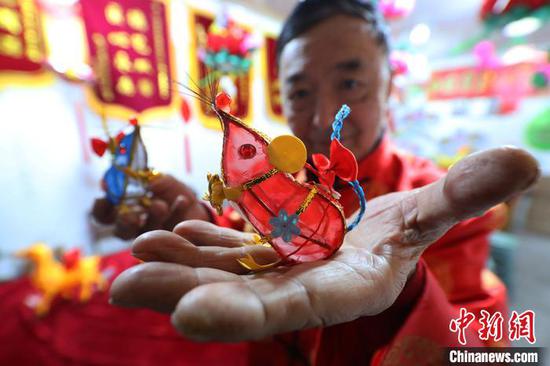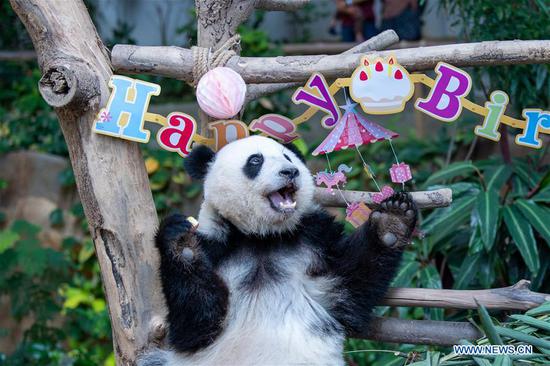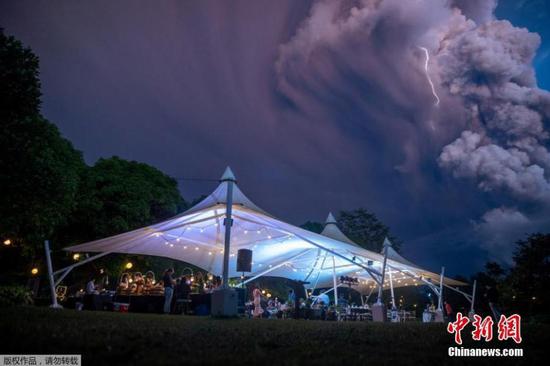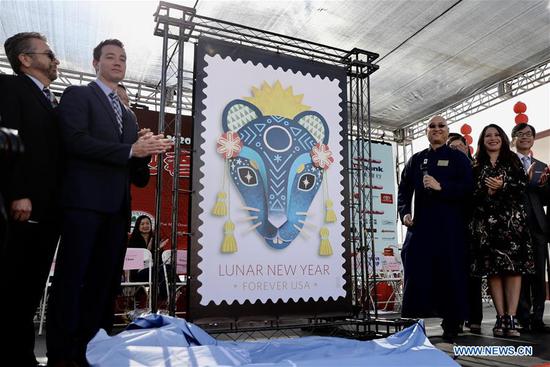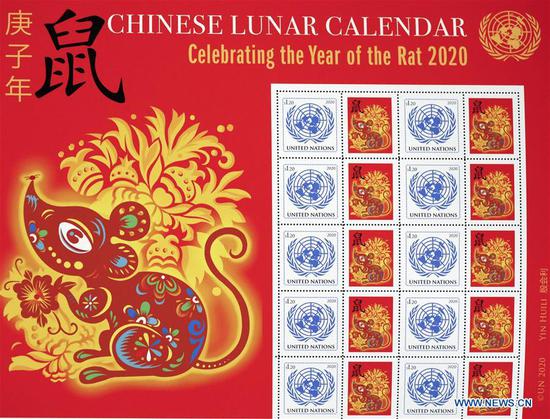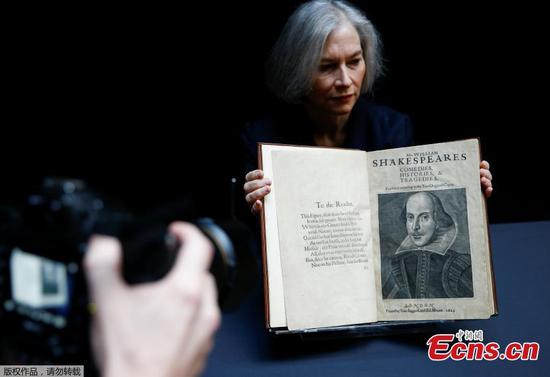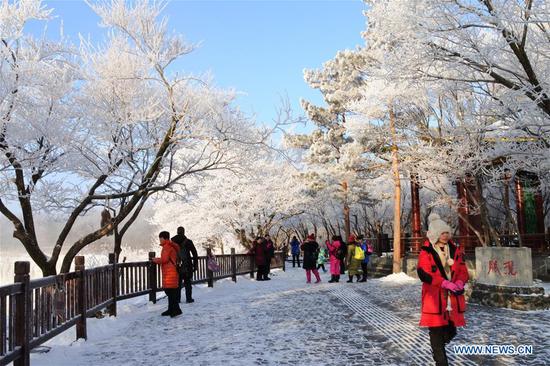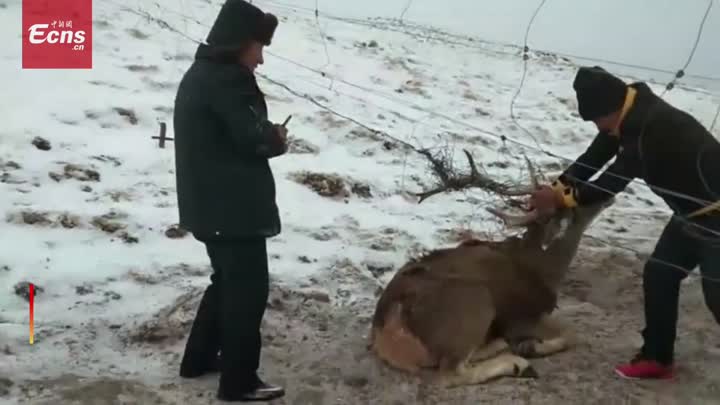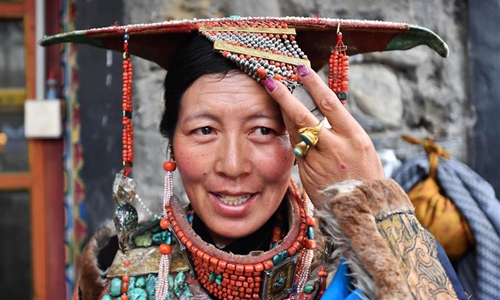
A woman wears Burang clothes in Burang county of Ali, Southwest China's Tibet Autonomous Region, July 22, 2019. Burang clothes has a history of more than 1,000 years. It is decorated with gold, silver, pearls and other jewels. (Photo/Xinhua)
Chinese scholars have rebutted slanderous comments by U.S. politicians and scholars on a newly passed law related to ethnic unity in Tibet, saying that legislation on ethnic unity and equality in Tibet is a practice to ensure human rights and promote long-term stability in minority-concentrated religions.
The experts' remarks came after U.S. Republican Senator Marco Rubio attacked the new legislation featuring ethnic unity, passed by Southwest China's Tibet Autonomous Region government on Saturday, as 'blatant violations of human rights.'
"As the Chinese Communist Party continues its attempts to wipe out Tibetan culture, the U.S. and freedom loving nations should condemn the blatant violations of human rights," Rubio was quoted as saying by U.S. media outlet Catholic News Agency on Monday.
Nina Shea, director of the Washington-based Hudson Institute's Center for Religious Freedom, remarked in an email sent to the VOA that the ethnic unity law is likely to unleash a horrific campaign of ethnic cleansing, in which all unique Tibetan cultural traditions will be ruthlessly erased.
"The law reflects the basic rights of Chinese citizens and the will of all ethnic groups in Tibet. These irresponsible remarks made by U.S. lawmakers and scholars are not only unsupported by facts, but also interfere in China's internal affairs," Lian Xiangmin, an expert at the China Tibetology Research Center, told the Global Times.
"It has been a cliché for the U.S. to use Tibet as an anti-China tool, but their words and actions have no effect on the Tibetan areas, given the harmonious society and rising living standards of the people in Tibet," said Lian.
"Ethnic equality is a positive practice in safeguarding human rights. Some U.S. politicians interpret these practices maliciously and attach labels inappropriately. The definition of human rights is not in the hands of American politicians," an anonymous analyst from the Chinese Academy of Social Sciences (CASS), told the Global Times.
The law makes it clear that Tibet has been an inalienable part of China since ancient times, and it is the common responsibility for the people of all ethnic groups to safeguard national reunification, strengthen ethnic unity and take a clear-cut stand against separatism.
In fact, the new law stresses that Tibetan ethnic cultures are an integral part of Chinese culture, demanding all ethnic groups to protect, inherit and develop the traditional cultures such as Tibetan opera and thangka painting, local legislators suggested at Saturday's session.
The analyst from the CASS said Rubio's accusation was made for accusation's sake, despite what China does to promote ethnic unity and human rights development.













